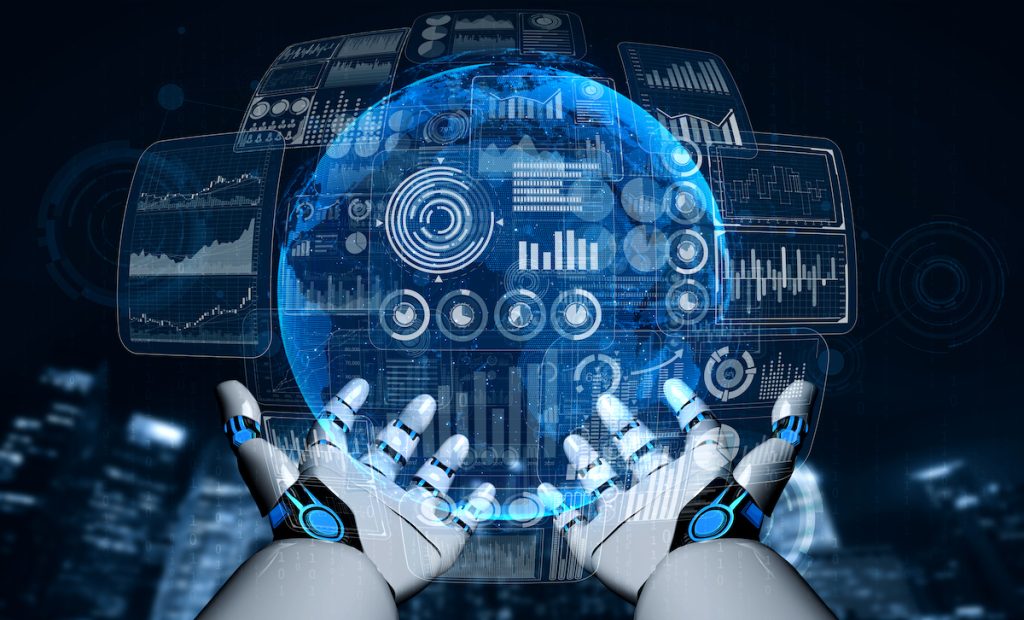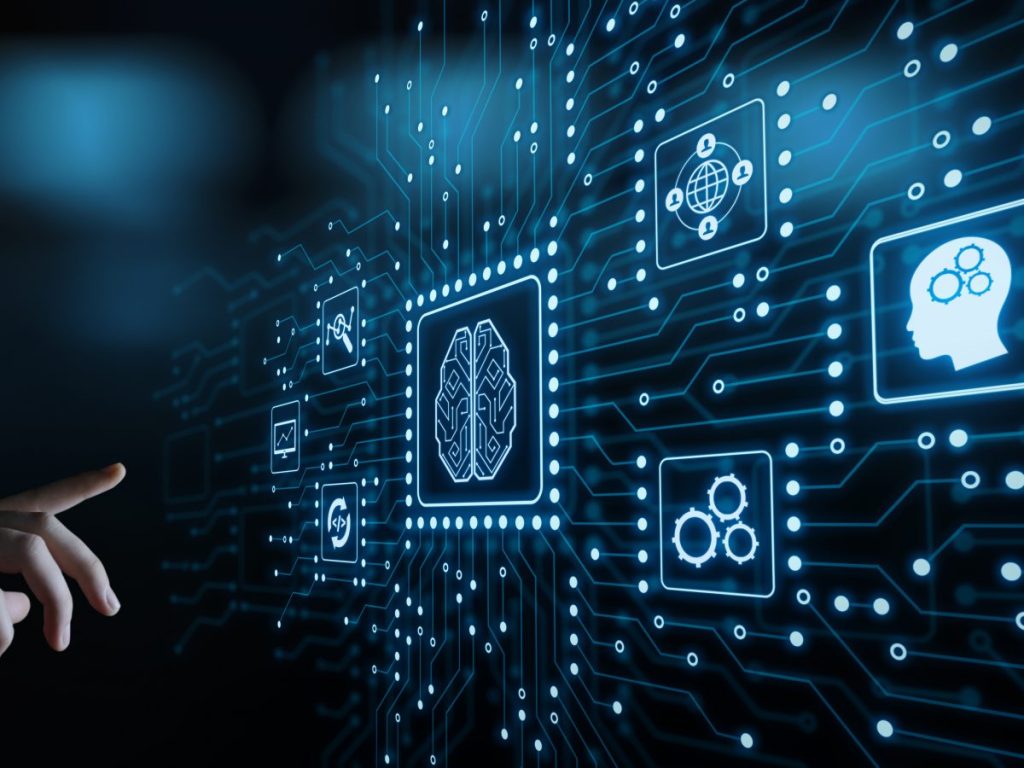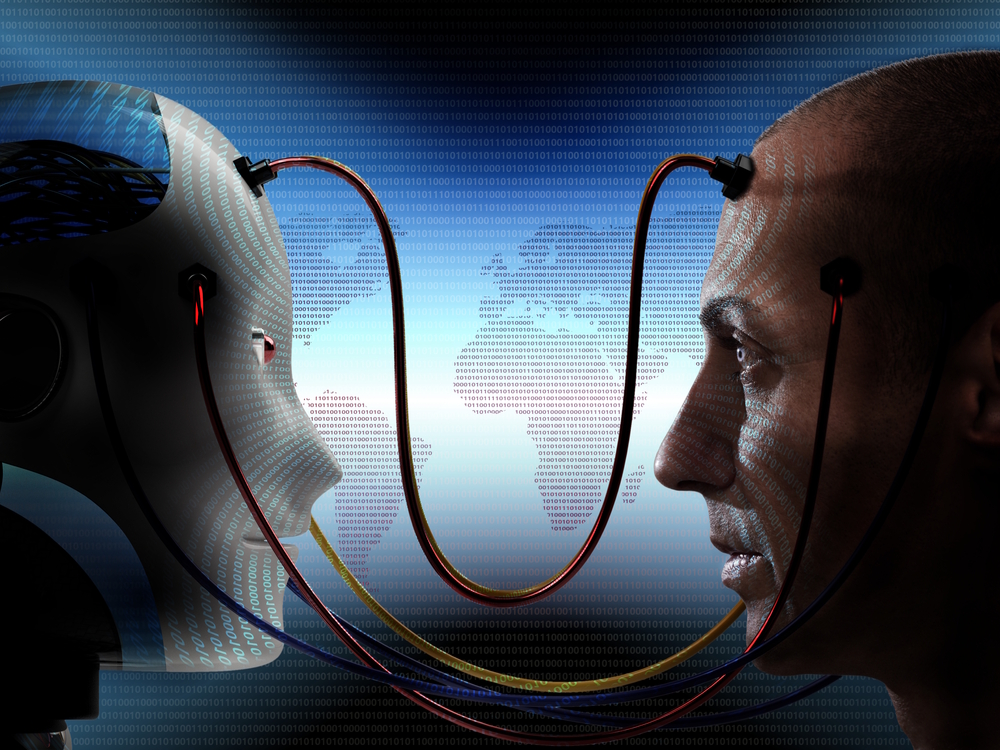In today’s digital age, social media platforms have become an integral part of our lives. Whether it’s sharing personal experiences, connecting with friends and family, or staying informed about current events, social media has transformed the way we interact with the world. However, beneath the surface of these platforms lies a complex web of algorithms that determine what content we see and engage with. This AI-driven curation of our social media feeds has far-reaching ethical implications, raising concerns about filter bubbles, echo chambers, privacy, and the power of technology companies.
The Filter Bubble Phenomenon

One of the most significant ethical concerns surrounding AI in social media is the creation of filter bubbles. These bubbles are a result of algorithms tailoring content to an individual’s preferences and past interactions. While this may seem convenient, it can lead to a distorted view of the world. Users are exposed to information and opinions that reinforce their existing beliefs, creating echo chambers where dissenting voices are seldom heard. This can polarize society and hinder productive discourse.
Amplifying Extremism
Algorithmic influence on social media can inadvertently amplify extremist views. The algorithms are designed to maximize user engagement, often favoring sensational or controversial content. As a result, extreme and divisive posts tend to garner more attention, while moderate and balanced perspectives get drowned out. This not only exacerbates societal polarization but also poses a risk of radicalization as individuals are exposed to increasingly extreme content.
Invasion of Privacy
The data-driven nature of AI in social media also raises significant privacy concerns. These platforms collect vast amounts of personal data to create detailed user profiles. While this data is used to tailor content, it can also be exploited for unethical purposes, such as targeted advertising, political manipulation, and even surveillance. Users may not be fully aware of how their data is being utilized, leading to a loss of control over their digital identities.
Algorithmic Bias and Discrimination

Another ethical dilemma lies in algorithmic bias and discrimination. AI algorithms are not immune to biases present in their training data. This can result in discriminatory outcomes, such as biased recommendations, targeted ads, or even decisions about job opportunities and credit approvals. These biases can perpetuate existing inequalities and undermine efforts for a fair and just society.
The Power of Tech Companies
Perhaps the most concerning ethical implication of AI in social media is the immense power wielded by technology companies. These companies control the algorithms that shape our online experiences, and their decisions can have profound consequences for society. The lack of transparency and accountability in how these algorithms operate raises questions about who gets to decide what information we are exposed to and how it shapes our worldviews. In conclusion, the integration of AI into social media has brought about numerous ethical challenges. Filter bubbles, extremism amplification, invasion of privacy, algorithmic bias, and the concentration of power in the hands of tech giants are all critical issues that demand careful consideration and regulation. As we continue to navigate the digital landscape, it is essential to strike a balance between the benefits of personalized content and the potential harm it can cause to society. Addressing these ethical implications is crucial for creating a more equitable and responsible social media ecosystem.


Leave a Reply